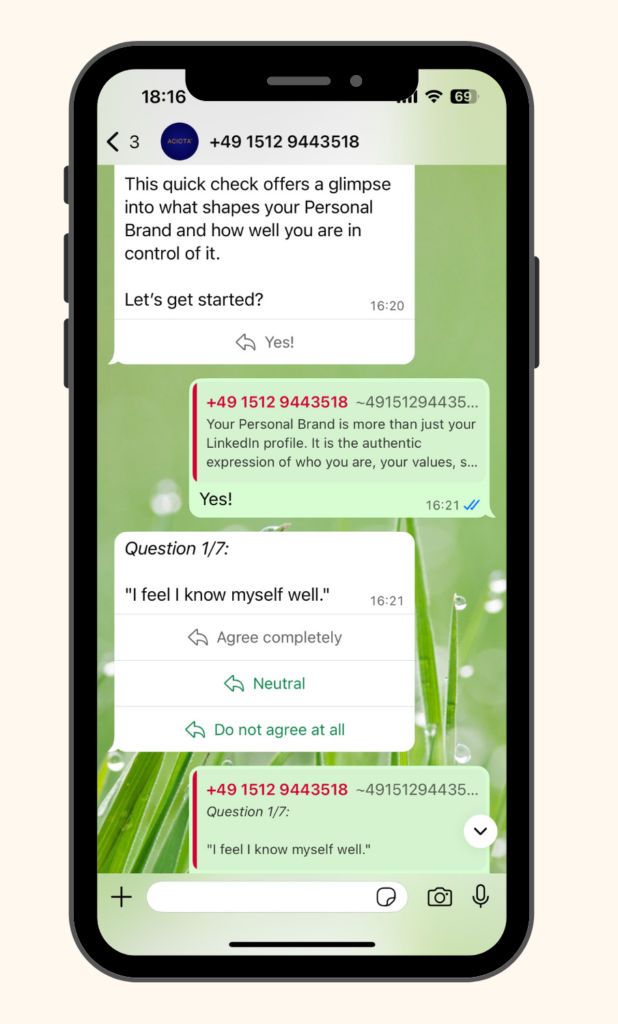Good conversation is an art. It takes practice, patience, and empathy. The best conversations are organic and free-flowing, but in order to keep the conversation going on a professional level, there are certain skills that will help you navigate any conversation with ease.
The conversation is a skill that can be learned and improved upon with practice
Some people are natural; for others, it might take time to become good at it, but once you have the basics down, the conversation becomes much easier for you.
The conversation is important because it’s how we communicate with each other every day. It is also important because it’s how we learn. When you have a conversation with someone, you get to hear their thoughts and opinions on a certain subject; it allows you to see things from their perspective, which can be very enlightening.
You don’t have to be an expert on everything
One of the biggest mistakes you can make in a conversation is being afraid to say, “I don’t know.” It’s okay! And even if you do know something about the topic at hand, saying “I don’t know” shows that you’re willing to learn from other people. And this is especially important when talking about something for which there are lots of different opinions–like politics or religion.
It can also help break down barriers between people who disagree on certain issues by showing them that their disagreements don’t matter as much as they think they do; after all, if both sides have an equal chance of being right (or wrong), then there’s no reason not to talk things out together!
Practice makes perfect
Practice makes you more confident. It’s true that the more you practice something, the more comfortable and familiar it becomes–and this applies to conversations too! The first few times we speak with someone new can be nerve-wracking. But after we get over our initial jitters and start talking about things that interest us (like hobbies or travel), we’ll find ourselves having fun and enjoying ourselves.
Practice makes you more comfortable with the conversation flow. Conversations should never feel like an interview where one person asks all of the questions while another response with short answers; instead, they should flow naturally between both parties as equals who understand each other’s perspectives on whatever topic is being discussed at hand. If this doesn’t sound like something that often happens enough for your liking, yet you still want to improve upon your social skills? Then try engaging in small talk before diving into deeper topics later on down the road!
Steer the conversation
To get the most out of your conversations, you need to be able to steer them. This means asking questions, making observations, and offering ideas. Asking for clarification will help you understand the other person’s point of view better if there is something that you don’t quite get–and it shows that you care about what they are saying!
Maintain eye contact
When you’re having a conversation, maintain eye contact. Look at the other person’s eyes, not their mouth. Don’t stare; don’t look away too quickly, either. When you are talking or listening, keep your head up and make eye contact with whomever you are speaking with as often as possible.
Use open-ended questions and statements to keep the conversation going
Open-ended questions and statements are the best way to keep the conversation going. These types of questions require more than a yes or no answer, which makes it easier for other people to talk about themselves. You can use these types of statements when you want someone else to share their thoughts, ideas, feelings, and experiences with you.
- Ask open-ended questions like: “What do you think about that?”
- Use statements such as: “Tell me more about…” or “I’d love to hear more about…”
Don’t talk about yourself too much
The next time you find yourself in a conversation, try not to talk about yourself too much. The best way to do that is by asking questions and listening intently to the answers. People love talking about themselves, so they’ll be happy that you’re interested in what they have to say!
Talking too much about yourself can come off as self-centered or even narcissistic–and nobody likes a narcissist! Even worse than being seen as a narcissist is coming across as boring and uninteresting (or both). So try not to lecture people on what you know; instead, ask questions that require more than just “yes” or “no” answers, like “What did your last job entail?”, “how long have you lived here?” etc.
So!
- Be polite.
- Be a good listener.
- Be open to other people’s ideas and opinions, but don’t let them change your own beliefs or values if you don’t agree with them!
- Be confident in what you have to say, but don’t be arrogant or bossy (or else it will turn into an argument).
- Know when to stop talking; sometimes, it’s best just not to say anything at all!
The conversation is a skill that can be learned and improved upon with practice. The best way to improve your conversation skills is by practicing with others and learning from their experiences. The more you converse, the better you’ll get at it!






